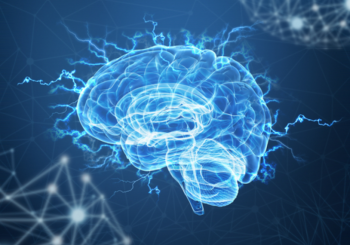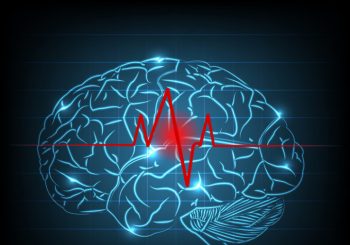
In our fast-paced world, where demands on our cognitive abilities are ever-increasing, maintaining optimal brain health is paramount. Just as the body requires proper nutrition for peak performance, the brain, too, benefits from a well-balanced and nourishing diet. Research has consistently shown that certain dietary patterns can have a profound impact on cognitive function, memory, and overall brain health. In this article, we explore the components of the best diet for promoting a healthy brai...
Read More
Read More









